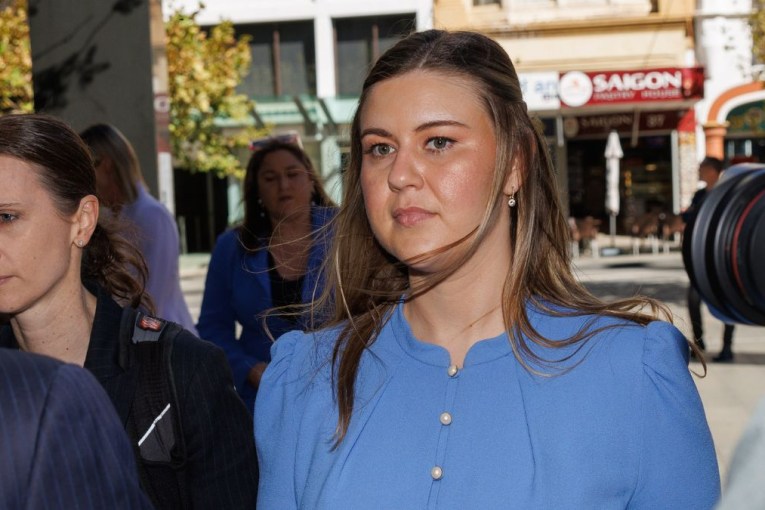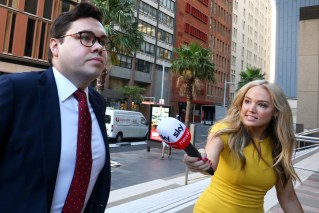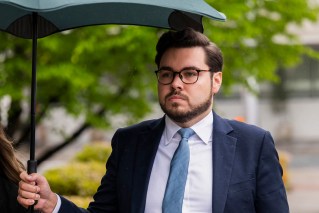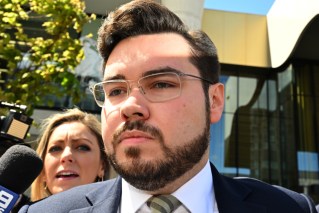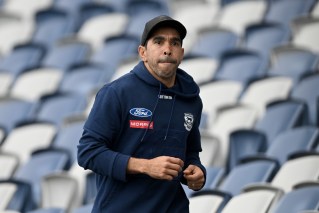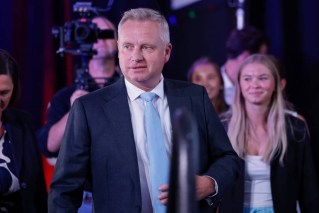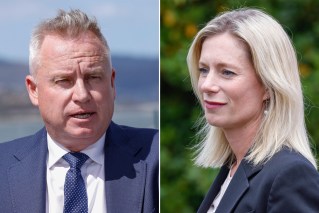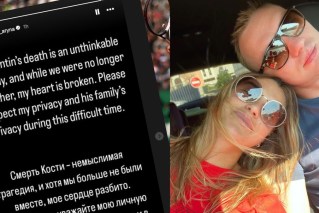Let’s fix the asylum queue
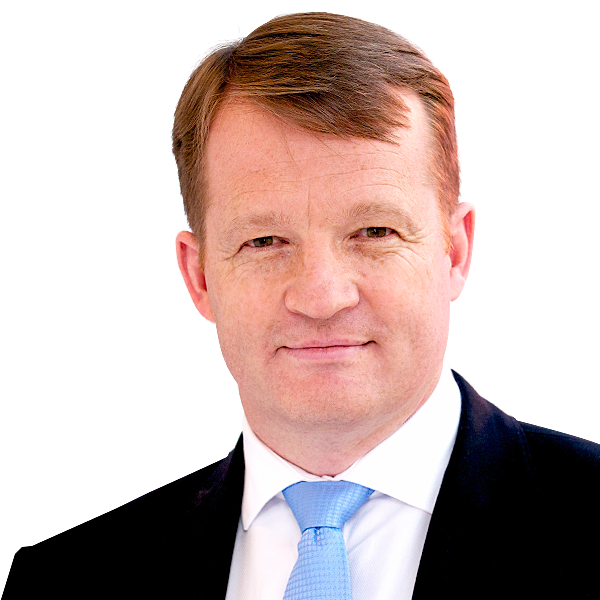
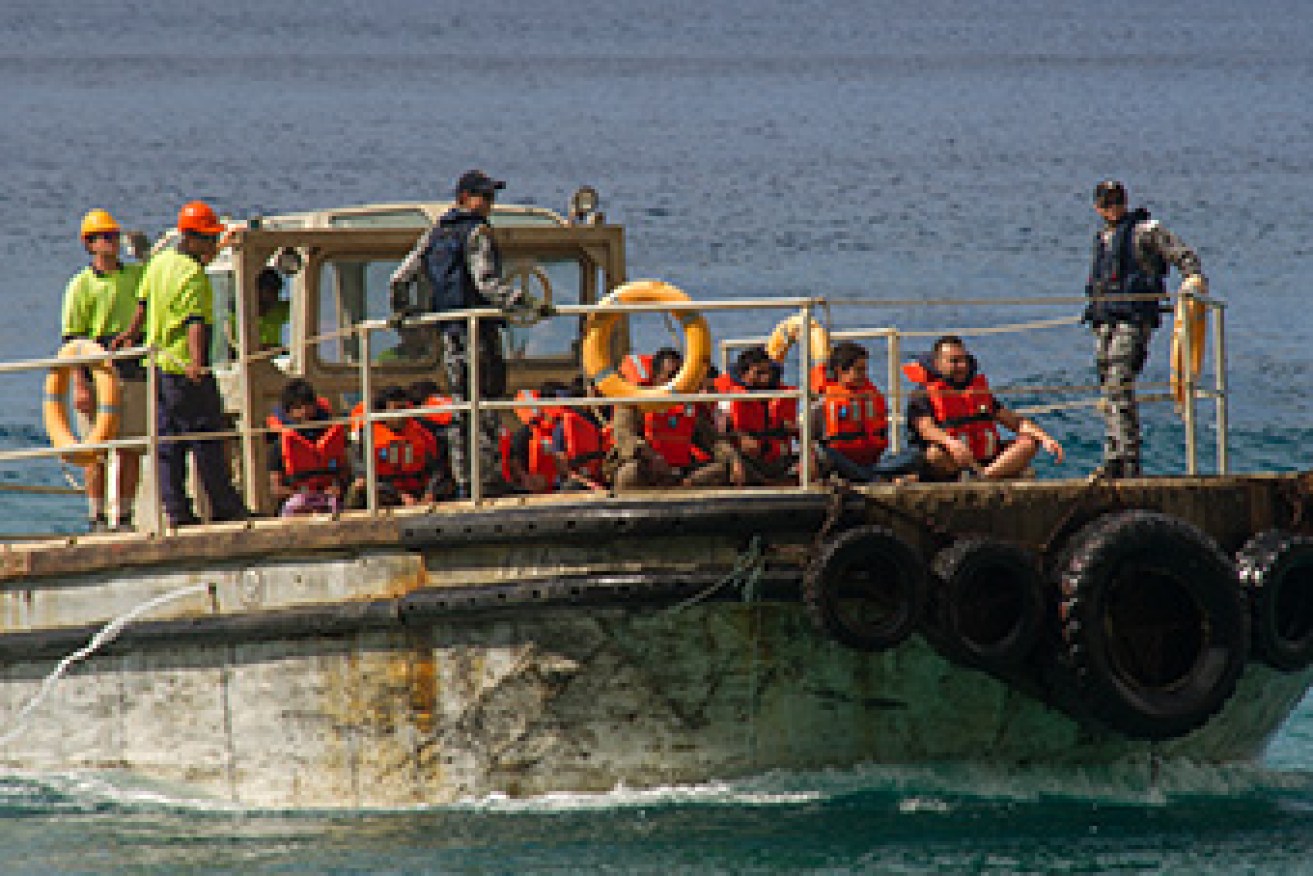
AAP
Now the Prime Minister has achieved his goal to stop the boats, it’s time to focus on the next challenge.
For the left-leaning commentators recent events at sea provide a hard truth. Prime Minister Abbott has in fact ‘stopped the boats’. The three-word slogan has worked.
Many believe Abbott’s motivations are questionable but the truth is people have stopped drowning. This is good. But is it enough?
What if we have addressed the most visible symptom and not the problem? What if stopping the boats is putting a band-aid on a cut and not addressing the underlying wound?
A deeper problem
While giving credit where credit is due on drowning, there are two problems with the current policy. The first is that current policy does not deal with the underlying dynamics that drive people to the boats in the first place. This is a humanitarian issue that is unresolved.
Australian debate around asylum policy has concentrated on the symptom not the cause. We have debated the wrong issue. Australian debate has been around what happens when people get here, not why they try in the first place.
What if our fear of refugees ‘stealing our jobs’ has already cost Australia even more jobs in tourism and education sectors? What next?
There are two key drivers to boat arrivals. The first is that people want to leave their own countries. In the case of genuine refugees this is due to a well-founded fear of persecution. Let us leave this issue to one side for a moment.
The second driver of the people smuggling trade is that there is no functioning alternative path to a permanent resettlement for genuine refugees. Refugee resettlement, not the location of refugee processing, is the driver of the people smugglers’ trade. If legitimate processing (the so-called queue) worked then there would be no demand for boats.
Unfortunately the refugee ‘queue’ that people are accused of jumping is dysfunctional. Fix the queue and you fix the problem not just the symptom.
The second flaw is that current policy does not enhance Australia’s international reputation. This is a self-interested pro-Australian point based on a deep concern for our long-term economic and physical security.

A boat allegedly used by the Australian Navy to send asylum seekers back to Indonesia. Photo: AAP
Why is this important?
What makes us in Australia collectively stupid enough as a county to believe that all the ‘not welcome’ print advertising that Australian taxpayers are funding throughout the region is only being read by asylum seekers? Is our chosen negative marketing impacting on our economic security?
If we continue our policy for the next 20 years of telling the region that they are not welcome how can we guarantee this will not flow on to economic impacts in tourism, education and they like? Is the risk worth it?
We don’t need to wait to see the real cost of the risk. International education has already fallen from Australia’s second largest export earner to our fourth. Glenn Withers of University’s Australia said that a large part of the downturn in addition to the dollar and violence was the “unwelcoming tone in the way Australia conducted the refugee debate”.
What about tourism or inward investment? What if our fear of refugees ‘stealing our jobs’ has already cost Australia even more jobs in tourism and education sectors? What next?
If the tone of Australia’s public debate is in fact damaging our economic future, then shouldn’t we change the tone? Aren’t we a smart enough country to ‘Stop The Boats’ and enhance our reputation? Why do we have to ‘Stop The Boats’ and risk damage to our reputation?
My suggestion to Tony Abbott therefore now is: Change the tone. You’ve stopped the boats, now ‘fix the queue’.
Australia needs a renewed refugee policy that reflects Australia’s position as a leading country, not a fearful one. Australia should also balance the needs of the refugee and asylum seekers, as well as address the legitimate concerns of Australians around security, health and identity.

Asylum seekers at Christmas Island. Photo: AAP
How would this policy look?
Currently in Indonesia and Malaysia, once a refugee is assessed as genuine, and they pass through health and security checks, they still have to wait for many years for resettlement.
If they have been processed as genuine and they have health and security checks, why make them wait?
A regional treaty (covering all our neighbors) should be negotiated that would define an asylum seeker as ‘arrived in the region’ when they land in the first county – most often Malaysia or Indonesia.
Each regional country should agree to bear a fixed percentage of the cost and resettlement burden of refugees. Asylum seekers should be processed in the country of first arrival with health and security checks are undertaken as part of refugee assessment overseen by UNHCR in the country of arrival.
If accepted as genuine refugees these people should be resettled immediately to whichever of the regional countries that is under-quota on refugee acceptances. Refugees would not choose which country they are resettled in. They would be resettled in whichever country is next in line. This would discourage refugees coming with an aim to get to one particular country.
A genuine regional solution like the above would take away the market for people smugglers as it would remove the delay in resettlement. It would stop the boats and enhance our reputation.
Could this be done? Well it already has been in other regions. The African Union negotiated an amendment to the Refugee Convention for its application to Central and East Africa. Why not do the same in the Asia Pacific?
It is time for a politician of whatever team to stand up and lead from the basis of both pragmatism and humanity, not just fear and populism. We should not just ‘Stop The Boats’, we should also ‘Fix the Queue’ and in doing so rejoin the ‘good neighbours club’.
Andrew Macleod is a Board member of Cornerstone Capital (New York), advisor to Gane Energy (Australia), Critical Resource (UK), a former senior official of both the United Nations and the International Committee of the Red Cross and past CEO of the Committee for Melbourne. He is the author of A Life Half Lived by New Holland Press.
He can be followed @AndrewMMacLeod
[polldaddy poll=8019129]
